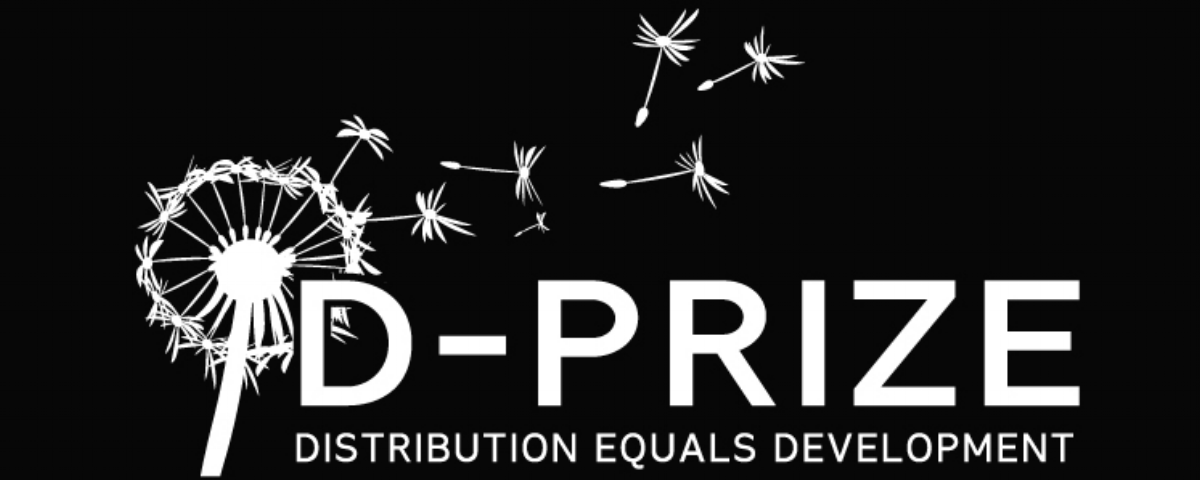PATIENT IDENTIFICATION CHALLENGE; UGANDA
PROVEN INTERVENTION TO BE DISTRIBUTED
Cervical cancer screenings.
Learn more about the Patient Identification Challenge and why identifying individuals in need of medical treatment and finding ways to make that treatment accessible reduces poverty.
DISTRIBUTION MODEL INNOVATION
Screensavers Initiative reduces morbidity and mortality due to cervical cancer by increasing access to cervical cancer screening using VIA among populations with unmet need.
The Screensavers model employs outreach clinical services using satellite clinics and a community participatory client recruitment process characterized by two components: (i) using community health volunteers locally known as village health teams (VHTs) to provide women with education and information hence enabling them to make informed decisions about cervical cancer screening and (ii) ensuring that women who receive screening services are satisfied and encourage other women to attend. The model is deliberately focused on sustainability, which is why the team works to ensure that programs are championed through community and government support structures. The project pilot will launch in Kalungu district before scaling to cover other districts in Uganda and beyond.
PILOT AND SCALING GOALS
Screen 200 women during the pilot and refer any positive cases for treatment and follow-up
Raise an additional $30,000 during the pilot period
Screen 1,000 women by the end of year 1
Screen 10,000 women by the end of year 2
FOUNDING TEAM
NAGIRINYA AIDAH - Team Lead
NALUKWAGO COSTARITAH - Project Coordinator
SSALI DENIS - Monitoring and Evaluation Officer
AGABA COLLINS - Field Coordinator

